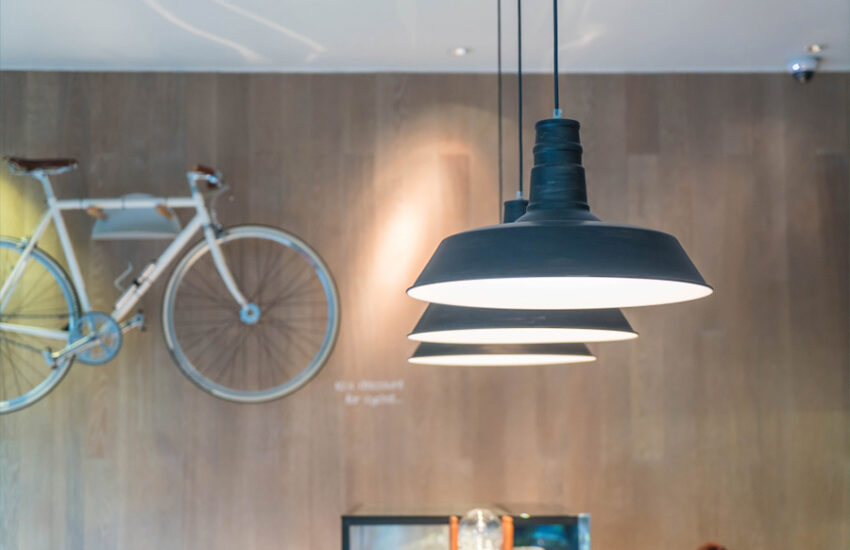Hardwood floorings are becoming a popular choice of floor finishes found in homes because of their quality, exotic look, elegance, and not to forget their durability. One other interesting quality of hardwood flooring is its versatility and how it can be used in commercial or residential settings. Besides all these good qualifies, hardwood floorings have their advantages and disadvantages, and we will be taking a look at some of them.
Advantages of Hardwood Flooring
- Durability and Lifespan
This is one of the qualities that make hardwood floors desirable. You can find homes that have been in existence for decades, with their initial hardwood flooring still intact. With adequate maintenance, hardwood floors can stay in shape for a very long time.
- Ease of Installation
You can choose to have an expert install hardwood flooring for you or get it done by yourself; the former is the better option. Whatever your choice is, the installation process is easy and less stressful when compared to the installation of some other floor finishes.
- Investment/Market Value
Hardwood floor is an excellent long-term investment since you may not have to replace it at all. This means that over the years, you get to save money. Furthermore, the demand for homes with hardwood floors is high in the market, and should you decide to sell your property in the future, the hardwood floor will likely raise the house’s market value.
- Maintenance
Since hardwood floors do not attract dirt or dust, weekly vacuuming and reapplying surface finishes monthly should be enough to keep the floor in excellent condition.
Disadvantages of Hardwood Flooring
- Price and Installation Cost
There are two types of hardwood floors; solid and engineered hardwood floors. The cost of wood needed for the two categories of hardwood flooring is high compared to other flooring options like tiles or carpets. Additionally, installing hardwood floors can be costly, especially if you are hiring a professional.
- Prone to scratching
Hardwood floors can be easily scratched, and these scratches are usually very prominent. Pet nails and furniture contribute significantly to the scratches found on hardwood floors.
- Low Water Resistance
Water and other liquids can easily penetrate hardwood floors. When the floor absorbs water, the wood begins to expand, which results in cupping (a situation where wood planks at the edges are higher than those at the center). When water gets into your floor, molds and fungus may begin to grow and damage the wood. Mold also poses a threat to the health of the occupants of the house.
Every kind of floor finish has its advantages and disadvantages, and hardwood floors are no exception. If you are trying to decide whether to choose hardwood flooring for your home, you can weigh its pros and cons or consult an expert on hardwood flooring for a professional opinion.






